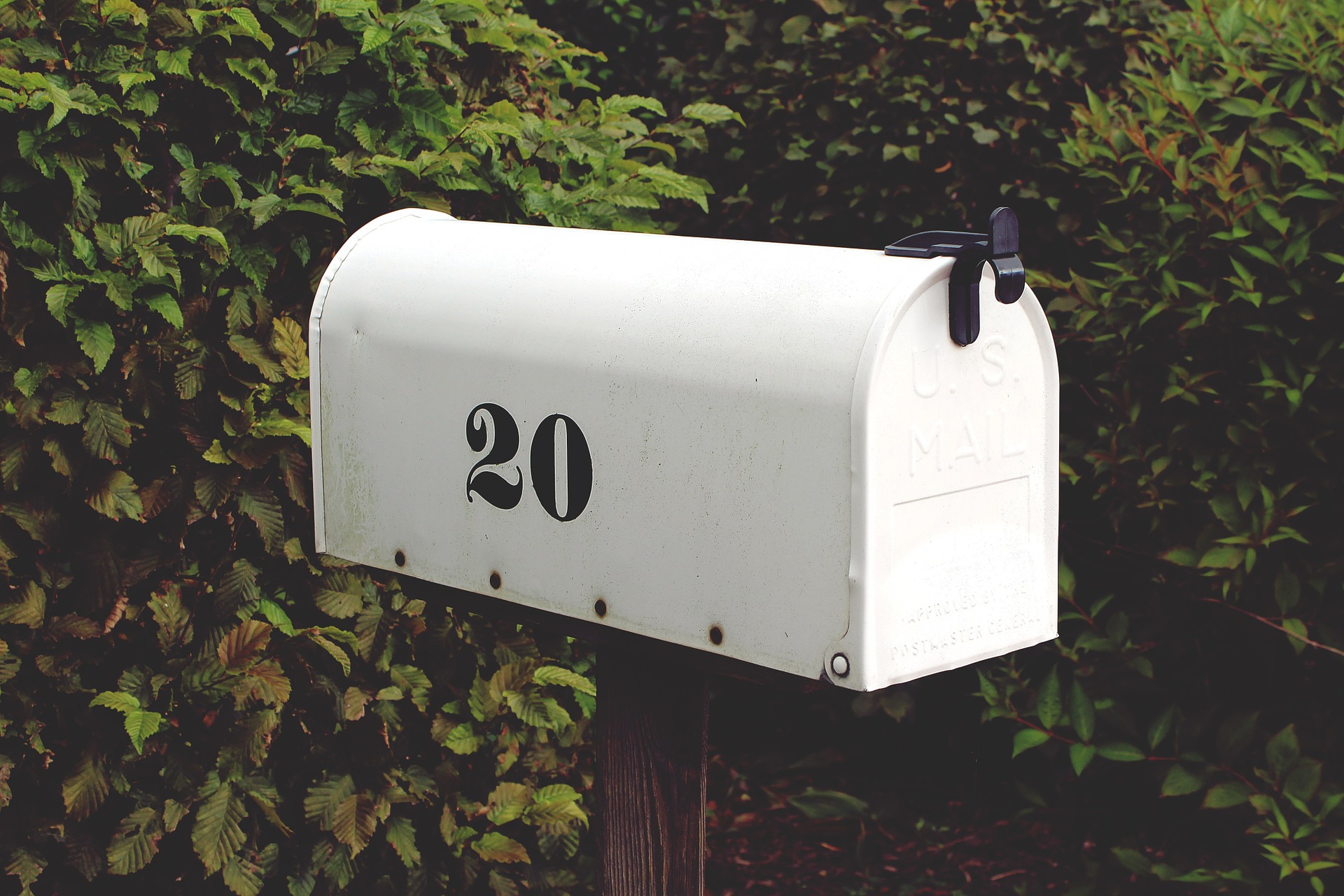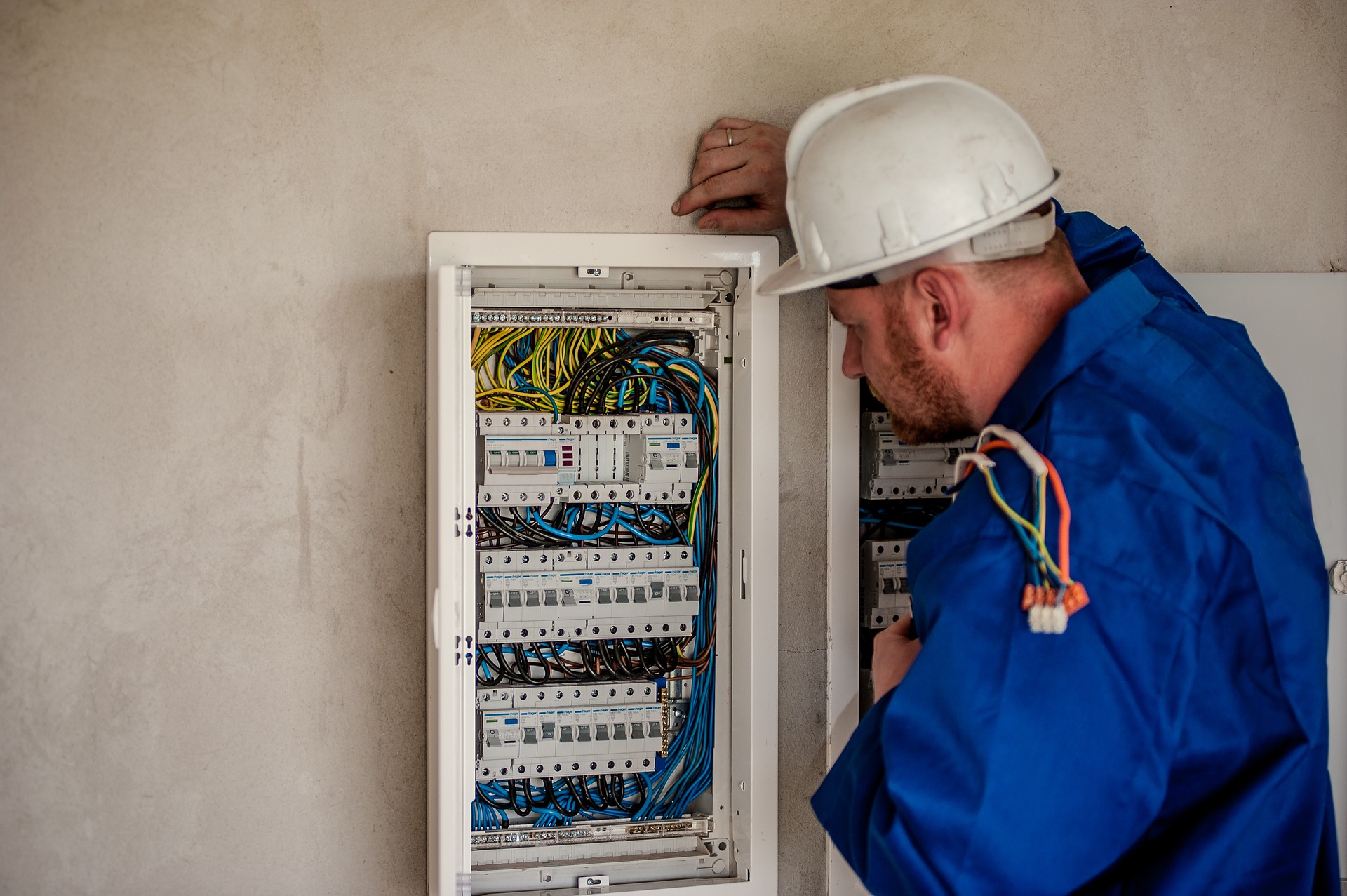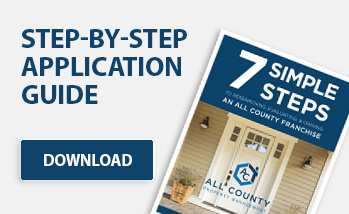So you’ve got a property that you can’t sell and you’re losing money just by owning it. What do you do?
If you want to sell your current home, but have little or no equity, you may have to come up with tens of thousands of dollars at the closing table to satisfy your loan. Or you could become an “accidental landlord” and rent out the house until you are able to make a different decision financially
You might become an accidental landlord through a death by inheriting an apartment building, condo, or house. If you’re in the military and are being transferred, you may not be ready or willing to sell your home, as you maybe because hoping to return back to it one day.
There are often circumstances that you would like to sell your home, but you may not be able to due to market depression, tax liens, mortgages, accumulated depreciation, and other unexpected issues.

Rent Out Your Property!
The easiest way to relieve yourself of your accidental landlord title, is to get your property rented. Here’s some steps to help you along the way:
1) Getting your Property Rental Ready
The first step to getting your property rented is to make sure your property is rental ready. This means that your property is clean, well taken care of, freshly painted, etc.
The first few things that tenants look for are:
- a clean property, a property that is well maintained
- the home has neutral walls and carpeting
- the lawn is cut and trees are trimmed everywhere on the property
- can they see themselves living in that property?
You may love your favorite purple couch and faux painted walls, but you need to think as a tenant would.Replace that couch with a tan, black, white, or any neutral color and repaint the walls within neutral colors.
THE MORE DESIRABLE YOUR PROPERTY IS THE FASTER IT WILL RENT.
Your property can be priced perfectly and in the nicest area but if it is not rental ready, you will have a hard time renting it out.
2) Market Your Property
The second step to getting your property rented is to market your property. There are various internet sites that allow you to market your property.
You can post images and a description of your property onto one of the websites and that will get you rental prospects.
Another way to market your property is to put out signs in front of the house. A sign out front will attract the eye of someone driving by, who could potentially be a tenant. This is a way to quickly get your property seen, as it doesn’t take very long to make a sign.
Also, you could print out flyers to pass out so many people from various locations can see your property. This could be a great way to spread the word that your property is up for rent, because you can physically hand out flyers or put them up in popular areas.
3) Showing your property
The third step to getting your property rented is determining how your going to show your property. Will you try to have an open house, use a lockbox, or have potential tenants schedule appointments with you? There are benefits for each option.
With an open house you can see multiple potential tenants all at once making it an easy option for you. This option is the least time consuming as you can get everyone interested a quick view of the property all at once.
The benefit of a lockbox is that the potential tenant can go view the property at almost any time. The tenant can view the property at their leisure, and you don’t have to worry about meeting the tenant at a specific time for an appointment, making it easier for you and the renter.
The pitfalls of using a lockbox system that is not electronically capturing the potential renter’s information is that you have an unknown individual entering your rental property.
The other option is a scheduled appointment with you and the tenant. This option allows you to get to know the tenant a little more because you are with them one on one showing them the property.
The disadvantage of a scheduled appointment is that you have a good chance of the tenant standing you up. The tenant could have easily forgotten your appointment, found another property, or had an emergency that they could not make the appointment, and forgot to tell you and you are left waiting at the property for no one. If this happens multiple times it can not only be frustrating, but time consuming and costly.
4) Qualifying prospective tenants
The fourth step for getting your property rented is to qualify the prospective tenant.
THIS IS PROBABLY THE STEP MOST IMPORTANT TO YOU AS THE LANDLORD.
This is what will ensure you are getting a good and happy tenant. To qualify a tenant you will need to complete a full background check on them.
Information from the background check will include:
- civil search for any evictions or litigation
- criminal search for any felonies
- sexual offender search, terrorist watch list
- social security number verification
- credit check to determine how individuals handle their obligations
- cross reference addresses from application against the addresses included on the credit report
As the landlord you should know if:
- your tenant could be a criminal and a threat to anyone or anything
- that he or she has a good civil background
- has never been evicted or owes any money to previous landlords
- that he or she pays bills on time and in entirety
- that he or she took care of his or her prior properties
A background check is extremely important because you as a landlord want a safe, reliable tenant. Also, you want the neighbors surrounding your property to be happy with your tenant or that could lead to more complications for you.
You need to be comfortable with your tenant, as you should not be afraid or uncomfortable to talk or meet with your tenant.
5) Placing The Tenant
Once you have found a potential tenant, you will need to place the tenant into your property. Here are some things you will need to get this done:
STRONG RENTAL CONTRACT
When placing the tenant into your property you will want to be sure you have a good rental contract. The rental contract will define:
- when rent is due
- how rent is paid
- what happens if rent is not paid or is late
- who is responsible for the maintenance on the property
- who pays utilities
- and other important factors that need to be specified
This information is very important to you, as the landlord, as you want to ensure that you are getting paid on time, properly, and in entirety.
If there is confusion with paying rent, utilities, or maintenance the tenant could easily say that the rental contract did not state specifics or what to do in certain circumstances.
To spare yourself and your tenant from any confusion you want to make sure you have written a strong, affective rental contract. You, as the landlord, need to make sure your tenant is aware of who is paying utilities and who is responsible for any maintenance. You do not want your tenant calling you upset about a broken sink, if that is not your responsibility.
If you stated in the rental contract that the tenant is responsible for any and all maintenance on the property, that means that you do not have to aid to the tenant whenever something breaks or is damaged.
You do not want your tenant or resident calling you at all hours of the day or night, or even over a holiday weekend. It is important that you specify how these requests will be made and handled, so that you are not bothered unnecessarily.
MOVE-IN INSPECTIONS
You also want to do a thorough move in inspection, to document the condition of the home prior to the tenant moving in. This will serve as your guidance when they move out, showing if they have done any damage and should be charged or if the property is in good condition and they should have their security deposit refunded to them.
This move in inspection is not to correct deficiencies in the home, but rather to document the overall condition of the rental property. A copy of the property inspection should be provided to the tenant.
6) Managing The Tenant
Once you place your tenant in your home, you will need to know how to properly manage your tenant. Here are suggestions:
KNOWING YOUR NOTICES
Every action needs to have a reaction, this means that you would need to send a notice to the tenant for any infractions, lease violations, or non- compliance’s that take place.
You will need to research your own state’s landlord and tenant laws and regulations to determine which notices are applicable to each situation.
For example: a non-paying tenant might be a late notice, whereas an illegal dog might be a non-compliance.
In addition, you should understand that this home, while it is yours, is no longer yours while it is tenant occupied. Meaning you can not enter as you see fit, you must give the tenant proper notification for an interior inspection. You should also follow fair housing and any other government regulations that are applicable to rental property.
Feeling Overwhelmed?
If all of this seems a daunting task, no worries.
There are professional property management companies that can do everything stated above and far more. The professional ones are licensed, insured, and have all of the resources to manage your home, condo, apartment, duplex, or rental property.
They will not only take on all of the responsibilities, but they will give you the peace of mind and maximize the return on your investment property.
THINK YOU CAN’T AFFORD IT? THINK AGAIN.
A professional management company will save you thousands and cost you around as much as the monthly lawn service you pay for your personal residence.






